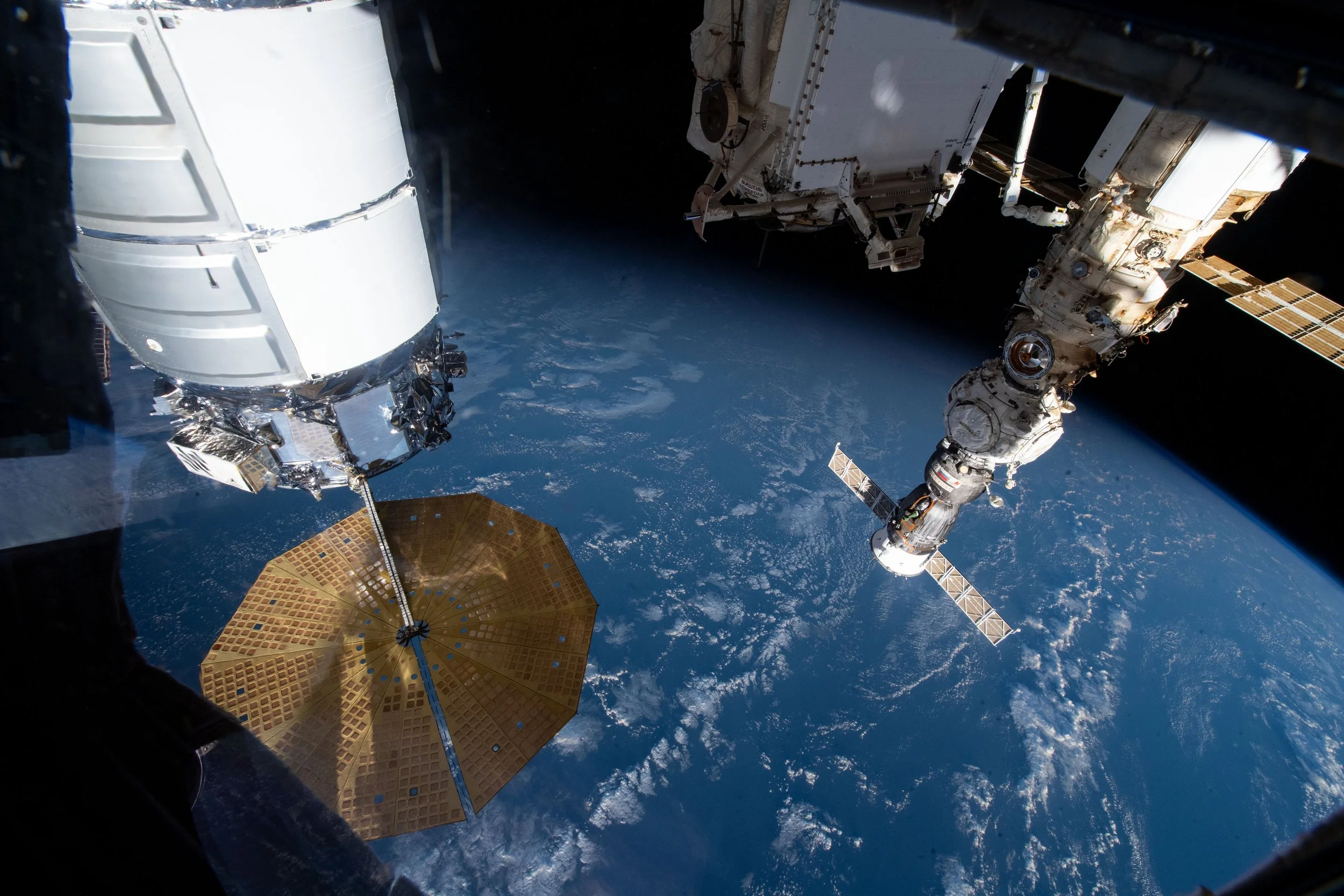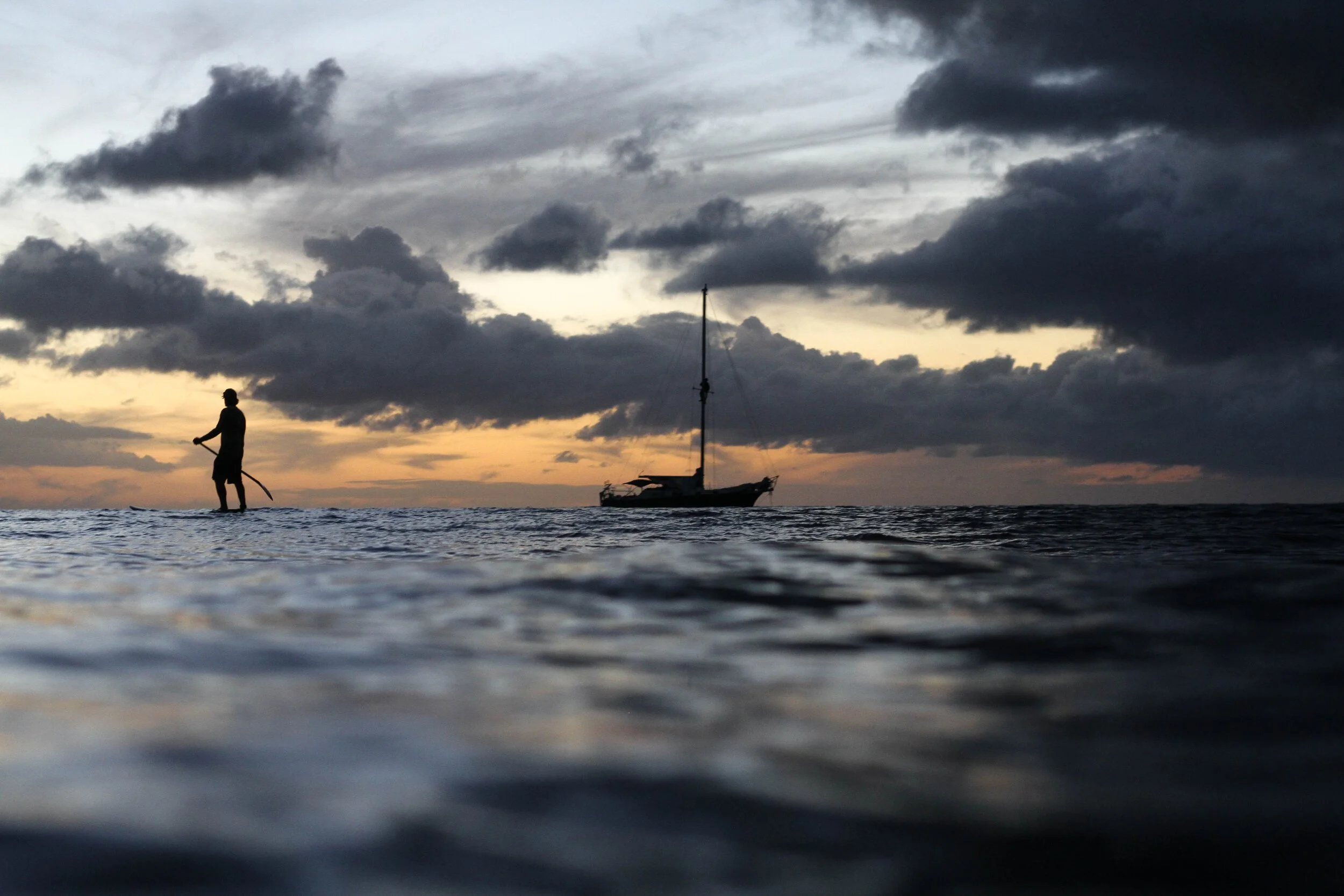Such conditions facilitated the establishment of the State of Israel in 1948 and enabled it to meet the classical criteria for statehood, as set out in Article 1 of the Montevideo Convention on the Rights and Duties of States (1933): a defined territory, a permanent population, an effective government, and the capacity to enter into relations with other states. The subsequent recognition of Israel by major powers such as the United States and the Soviet Union confirmed its entry into the international legal order as a sovereign state.
By contrast, the Palestinians faced structural disadvantages that impeded the realisation of their right to statehood and self-determination. Politically and militarily fragmented, they lacked a unified government or organised armed forces capable of exercising effective control over territory (11). Their capacity to assert sovereignty was further constrained by the influence of external actors, including the United Nations and the former colonial powers, whose decisions frequently operated to Israel’s benefit. The failure of Arab states to coordinate a coherent strategy for Palestinian statehood further weakened their position.
The consequences of this asymmetry were profound.
This legislation marks a crucial step toward the establishment of a comprehensive regulatory framework for space activities in Italy, creating strategic opportunities to foster sector growth and to strengthen the country’s international competitiveness. Nevertheless, the law presents some notable gaps. It mentions space mining but does not grant private entities the right to appropriate space resources, unlike the legislation adopted in the United States, Luxembourg, the United Arab Emirates, Japan, and India. Additionally, the law does not specifically address space tourism, nor does it provide a legal definition of a spaceport, leaving unresolved issues related to the potential development of new spaceports on Italian soil beyond the Luigi Broglio Space Center in Malindi.
These omissions, however, do not indicate a lack of legal reflection in Italy, nor do they suggest any limitation in the technical capabilities of its national industry. On the contrary, the new Space Economy Law marks the beginning of a structured administrative regulation of space activities, including through public and private contractual arrangements.
on November 20, 2007, I was there handing a letter to then-President of the Republic Giorgio Napolitano on the occasion of the National Day for the Rights of Children and Adolescents at the Quirinale Palace, since at that time I was not an Italian citizen and represented the G2 Second Generations Network. It feels like another era. Gianfranco Fini was calling his government allies “assholes.” Roberto Maroni shrugged his shoulders alongside Silvio Berlusconi, and they claimed that the reform wasn’t part of the People of Freedom party's agenda. I remember the Sarubbi-Granata bill, a joint initiative between the PD and the PDL. I remember the discussions at the Ministry of Social Solidarity led by Paolo Ferrero, who had summoned the association. I was there on October 13, 2015, when the Chamber of Deputies passed the citizenship reform bill in a first reading with a broad majority. I was there when, in 2017, thanks to the PD, just before Christmas, this proposal was not scheduled in the Senate, causing it to sink. I was there when a popular initiative bill was drafted with ASGI, Save the Children, the G2 Second Generations Network, and many other third-sector organizations, to mark the 150th anniversary of Italian unification. I’m still here. Little has changed. I was 17 in 2007. Today I’m 34. What has changed?
AfSA is thus envisioned more as a catalyst for development and internal cooperation than as a vehicle for technological prestige, a role that partly defines ESA’s international reputation. In short, while Europe can afford a "space diplomacy" approach focused on high-visibility achievements, Africa must first lay the foundational infrastructure to use space as a tool for supporting sustainable growth and strategic autonomy amongst its member states. The establishment of the African Space Agency comes at a particularly pivotal moment in the continent’s development trajectory. Within the next few decades, Africa is expected to have the world’s largest and most youthful workforce; projections suggest that by 2050, nearly one-third of the global youth population could be African. This demographic phenomenon—often referred to as Africa’s "youth bulge"—presents both tremendous opportunities and formidable challenges.
Closing airspace as a precautionary measure, as was done in Europe in 2022 due to a reentering Long March 5B rocket, reduces the risk of collision but carries economic consequences and further safety implications due to flight delays and rerouted traffic. Authorities face, therefore, a difficult dilemma: closing airspace helps prevent potential debris impacts, but it also disrupts aviation. With more than 2,300 rocket bodies currently in orbit expected to eventually reenter uncontrollably, airspace officials will likely have to navigate this challenge for decades to come.
The regulation and related standards will affect a huge range of companies along with their supply chains. In fact, according to the so-called "principle of double materiality", not only the impacts on the environment and people caused by the company's activities will have to be considered (as companies already did in compliance with the previous directive, the Non-Financial Directive[6]), but also the opposite: companies will have to report information on how the external environment, or people, impact their business, generating economic repercussions. In addition to this, information must be reported regarding the corporate sustainability strategy, consisting of programs, and related objectives, on sustainability issues that can then be assessed through specific metrics. This change marks the end of statements made solely for public relations purposes: maintaining an impeccable human rights record will be just as crucial as having a perfect balance sheet.
“[..] spacewalks. SpaceX is now the only private company that delivers humans to live and work in space, and NASA, the space agency of the United States, relies on it. Polaris Dawn is not a NASA mission, and it is not regulated by the US government. So, when its astronauts exit their capsule and ‘walk’ in space, it will mark a massive first for the private industry that is starting to dominate realms beyond Earth. And this raises a question: Is the US breaking a law regarding space operations?”
Last weekend, at 5:07 pm on December 10, 2023, China's SQX-2Y commercial reusable rocket completed its second test flight at the Jiuquan Satellite Launch Center in northwest China, marking the first reuse of a rocket story in China.
[..] Speaking of the potential of BRICS countries, the space aspect is often overlooked. In total, there are around 80 space agencies in the world, including all BRICS countries. However, only nine agencies are capable of producing space launchers, including Russia, India, and China. Only three states in the world have conducted human spaceflights: Russia, China, and the United States. Furthermore, these countries have or have had their own orbital stations.
As we can see, BRICS brings together not only members with high potential in the space industry but also space leaders.
[..] SpaceX's Starship spacecraft atop Super Heavy first stage booster is the tallest and most powerful rocket ever flown, with twice the thrust of the American-developed Saturn V launch vehicle in the 1960s, and even more powerful than the N1 /L3 conceived by the Soviets in the same period, whose first stage was the most powerful stage of a rocket ever flown for over 50 years, generating 45.4 MN of thrust. By comparison, SpaceX's Starship generated 75.9 MN thrust. Curiously, each of the four attempts to launch an N1 failed, with the second attempt resulting in the vehicle crashing onto the launch pad shortly after liftoff. Considering how SpaceX is considering a hole in its launch pad and not the entire destruction of its spaceport helps put into perspective the engineering difficulty of launching an integrated rocket of that size, and the success of having lifted off and flown a vehicle that reached an altitude that in fifty years no one had ever tried to pass or even reach.
Space
I had the opportunity to participate in the United Nations Office for Outer Space Affairs (UNOOSA) Space Law and Policy Conference in Vienna—an essential multilateral forum for examining the rapidly evolving challenges of space governance. What emerged across all panels was a community of practitioners, policymakers, engineers, and legal scholars who are simultaneously grappling with increasingly complex issues yet remain deeply committed to ensuring that outer space continues to be a safe, secure, and accessible domain for all States. The dramatic expansion and diversification of global space activity, combined with growing orbital congestion, has made it urgent to move from aspirational policy to operational practice.
This conference forms part of the five UNOOSA Strategic Initiatives 2025–2030 (1), specifically the One Moon for All initiative, which benefits from a clearly articulated timeline and budgetary framework. In seeking to preserve the foundational spirit of the Outer Space Treaty (“OST”), the Committee on the Peaceful Uses of Outer Space (COPUOS) has examined a range of initiatives concerned with the governance of lunar operations (2). These include the work of the Working Group on the Legal Aspects of Space Resources and, more recently, the proposal to establish the Action Team on Lunar Activities Consultation (ATLAC). The Committee observed that Articles IX and XI OST impose obligations relating to the exchange of information and the establishment of mechanisms for prior notification.
This legislation marks a crucial step toward the establishment of a comprehensive regulatory framework for space activities in Italy, creating strategic opportunities to foster sector growth and to strengthen the country’s international competitiveness. Nevertheless, the law presents some notable gaps. It mentions space mining but does not grant private entities the right to appropriate space resources, unlike the legislation adopted in the United States, Luxembourg, the United Arab Emirates, Japan, and India. Additionally, the law does not specifically address space tourism, nor does it provide a legal definition of a spaceport, leaving unresolved issues related to the potential development of new spaceports on Italian soil beyond the Luigi Broglio Space Center in Malindi.
These omissions, however, do not indicate a lack of legal reflection in Italy, nor do they suggest any limitation in the technical capabilities of its national industry. On the contrary, the new Space Economy Law marks the beginning of a structured administrative regulation of space activities, including through public and private contractual arrangements.
I had the opportunity to participate in the United Nations Office for Outer Space Affairs (UNOOSA) Space Law and Policy Conference in Vienna—an essential multilateral forum for examining the rapidly evolving challenges of space governance. What emerged across all panels was a community of practitioners, policymakers, engineers, and legal scholars who are simultaneously grappling with increasingly complex issues yet remain deeply committed to ensuring that outer space continues to be a safe, secure, and accessible domain for all States. The dramatic expansion and diversification of global space activity, combined with growing orbital congestion, has made it urgent to move from aspirational policy to operational practice.
This conference forms part of the five UNOOSA Strategic Initiatives 2025–2030 (1), specifically the One Moon for All initiative, which benefits from a clearly articulated timeline and budgetary framework. In seeking to preserve the foundational spirit of the Outer Space Treaty (“OST”), the Committee on the Peaceful Uses of Outer Space (COPUOS) has examined a range of initiatives concerned with the governance of lunar operations (2). These include the work of the Working Group on the Legal Aspects of Space Resources and, more recently, the proposal to establish the Action Team on Lunar Activities Consultation (ATLAC). The Committee observed that Articles IX and XI OST impose obligations relating to the exchange of information and the establishment of mechanisms for prior notification.
on November 20, 2007, I was there handing a letter to then-President of the Republic Giorgio Napolitano on the occasion of the National Day for the Rights of Children and Adolescents at the Quirinale Palace, since at that time I was not an Italian citizen and represented the G2 Second Generations Network. It feels like another era. Gianfranco Fini was calling his government allies “assholes.” Roberto Maroni shrugged his shoulders alongside Silvio Berlusconi, and they claimed that the reform wasn’t part of the People of Freedom party's agenda. I remember the Sarubbi-Granata bill, a joint initiative between the PD and the PDL. I remember the discussions at the Ministry of Social Solidarity led by Paolo Ferrero, who had summoned the association. I was there on October 13, 2015, when the Chamber of Deputies passed the citizenship reform bill in a first reading with a broad majority. I was there when, in 2017, thanks to the PD, just before Christmas, this proposal was not scheduled in the Senate, causing it to sink. I was there when a popular initiative bill was drafted with ASGI, Save the Children, the G2 Second Generations Network, and many other third-sector organizations, to mark the 150th anniversary of Italian unification. I’m still here. Little has changed. I was 17 in 2007. Today I’m 34. What has changed?
[..] Speaking of the potential of BRICS countries, the space aspect is often overlooked. In total, there are around 80 space agencies in the world, including all BRICS countries. However, only nine agencies are capable of producing space launchers, including Russia, India, and China. Only three states in the world have conducted human spaceflights: Russia, China, and the United States. Furthermore, these countries have or have had their own orbital stations.
As we can see, BRICS brings together not only members with high potential in the space industry but also space leaders.
[..] why, then, have the economically and strategically dominant Western nations failed to secure the worldwide denunciation of what is obviously a blatant breach of international law? The answer is simple: it may have less to do with Ukraine and more to do with America. There is fear and suspicion among the nations of the world of being drawn into another showdown between the United States and Russia. Kyiv may be the victim and Moscow the aggressor, but in the eyes of many, Washington is not entirely innocent in all of this. Having proclaimed itself the "policemen of the world", the United States is accused or seen interfering in the internal affairs of other states under various pretexts, including in Russia and China. In addition, Western countries with American traction are accused of double standards when it comes to aggression, occupation and violations of international law: one rule for allies and another for the rest of the world, just as it was during the Cold War. That war might have been cold in the north, but it was burning in the Global South, where Moscow and Washington engaged in proxy conflicts to further their interests, regardless of the human cost.
Someone could accuse me of cruelty but assuming that most Africans come regularly and just a very small number come irregularly, in which an even smaller group meets the requirements of asylum seekers, why should Italy "welcome" those who have no right to stay in the country? And why should Europe do something and there is never a discussion on what those African states should do or already do for those who are their citizens?
Today, many countries in the rest of the world are growing in terms of well-being and economic activity. This seriously undermines the current order, highlighting the weakest aspect of this system: most of humanity does not live in the West, and the resources of the planet are scarce. Maintaining such uncontrolled and omnivorous consumption that does not respect the biosphere's natural ability to reproduce the resources we need is the real dilemma of our century. [..] The clash between the United States and China highlights precisely this problem that neither country is able to solve alone. Indeed, the conflict is zero-sum: it does not benefit anyone.
[..] Italy has mobilised its armed forces against a friend-state; made available the air bases of Trapani, Sigonella, Gioia del Colle, Capodichino, Decimomannu, Aviano, Pantelleria; unleashing together with other states a military power that annihilated a state and its political and administrative order at the modest price of 700 million euros. An account divided by all Italian taxpayers. Not only was the one-sided disproportionate use of force unfair, but the way it was conducted has exceeded all limits and makes any justification extremely difficult.
During the reign of Suna (the king who preceded Mutesa) he was visited by some Arabs: Medi Abraham (trader from Zamzibar). Kyera, Amulain, Mina, Katukula Mungazik and ZIgeya Mubulusi. Of these, he liked Medi Abraham best, and gave him many presents such as ivory, women and slaves.
[..] I greeted from a distance
my agenda,
well-distanced
from my torn projects
and like leaves in the wind
everything’s falling
on our faces.
[..] Your skin bronze
for the ardor of the great Sun,
ivy clings to the door of the houses
covers the window frame,
our heads
and our hands clenched
[..] the impetuous climb upon my body
took my breath away.
Without brakes
your lips
were now on the pubis
and now close to the two arisen peaks,
I scratch your back
[..] Powerful and irresistible, on your face
are the waves that overwhelm you; then suddenly
they pull back, leaving saline lips.
[..] I play amongst my fantasy
and hope, foolish,
and you talk,
you laugh and your lips invite
to renew a taste
always new
[..] Suddenly everything comes to life,
in the leaves of the hawthorn
I saw your cheeks,
almost glimpsing your face,
your hair,
in the hazel I saw your eyes
[..] rains unrelenting
over the ceiling,
on the window;
in all this water
drown your eyes.
O’ peace,
where have you gone?
[..] And you were naked before me, Ochún.
Your back arched, your breasts
poised, your waist so supple,
your mouth moist, can you see? You sing.
I admired you from behind the foliage,
but from the corner of your eye perhaps
you saw me because you dived
suddenly into the deep waters
[..] See? You fall and confuse,
your reality exceeds
my imagination
and you confuse my smiles,
my memories and all my
gestures
[..] Where are you, Poet?
Where do you dream? Where do you sing?
Have you and your lyrical lines
lost your path
and direction?


























